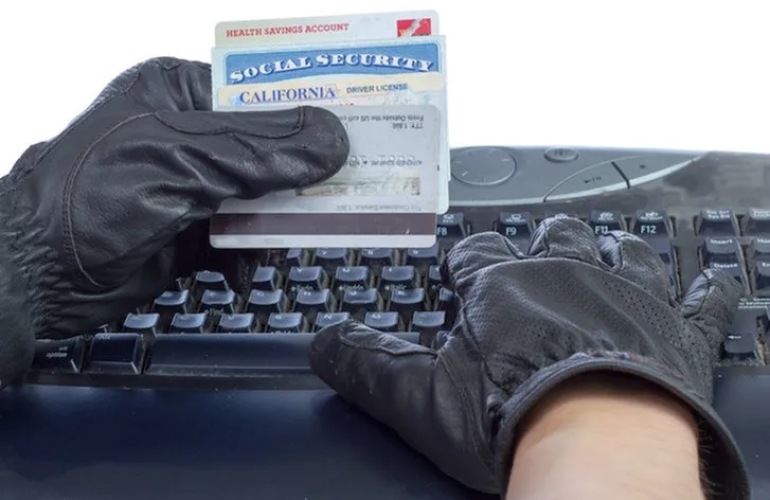There’s no doubt the internet has impacted our lives in a variety of positive ways. Unfortunately, cyberspace is also the domain of identity thieves who prey on the vulnerable. Older adults, who have built a lifetime of solid credit, are perceived as “high-value targets,” making senior identity theft a serious threat to those who remain unvigilant.
Here are a few tips to protect yourself—and your money—from those who are very skilled at trying to separate you from it.
Just Hang Up
If you pick up the phone and someone at the other end asks for personal or financial information, just hang up. The con artists claim to be from your bank or credit card company and sound very official. Don’t take any chances. Hang up and call your financial institution immediately to find out if they were trying to contact you. If the call was fraudulent, let them know that a scammer is targeting their clients.
Delete, Delete, Delete
Identity thieves are clever at designing emails that look incredibly credible. Protect yourself by never clicking on email links or opening email attachments that don’t look familiar to you. Doing so can put your computer and personal information at risk. These seemingly legitimate requests for your personal information are in fact con artists “phishing” for your social security number and account info. If you see an email that looks like it’s from your bank or credit card company, delete it. To check on your accounts, go to the company website by typing in the URL yourself.
Set Up Direct Deposit
Talk to your bank about the direct deposit option. That way your social security or other benefit checks will go directly from the sender into your account, lowering the risk of theft. Be sure to check your statements regularly to monitor deposits and look for any suspicious transactions. If you see something that sets off an alarm bell, call your bank immediately.
Keep Your Eyes and Ears Open
Paranoia is not healthy. But being overly trusting can be just as detrimental to your financial health. Carefully vet any in-home employee and be on alert for an inappropriate level of interest in your finances and personal data. No matter who has access to your private information, it is important to stay on top of your finances and always keep your eyes and ears open.
Your Social Security Number? Just Say NO!
Your social security number is the gateway to your identity. Never give it out to anyone, unless you have initiated contact with that person at your financial institution.
If the Worst Happens
If an identity thief manages to get the better of you, close any bank account or credit card that has been stolen and contact your local police department and the Federal Trade Commission (FTC) immediately. The FTC will provide an identity theft affidavit which will help them in working with creditors and banks to track down the culprits.
The more proactive you are about protecting yourself, the less vulnerable you will be to senior identity theft. There are so many wonderful ways to put technology to work for you. Don’t let the criminals use it to turn you into a victim.

